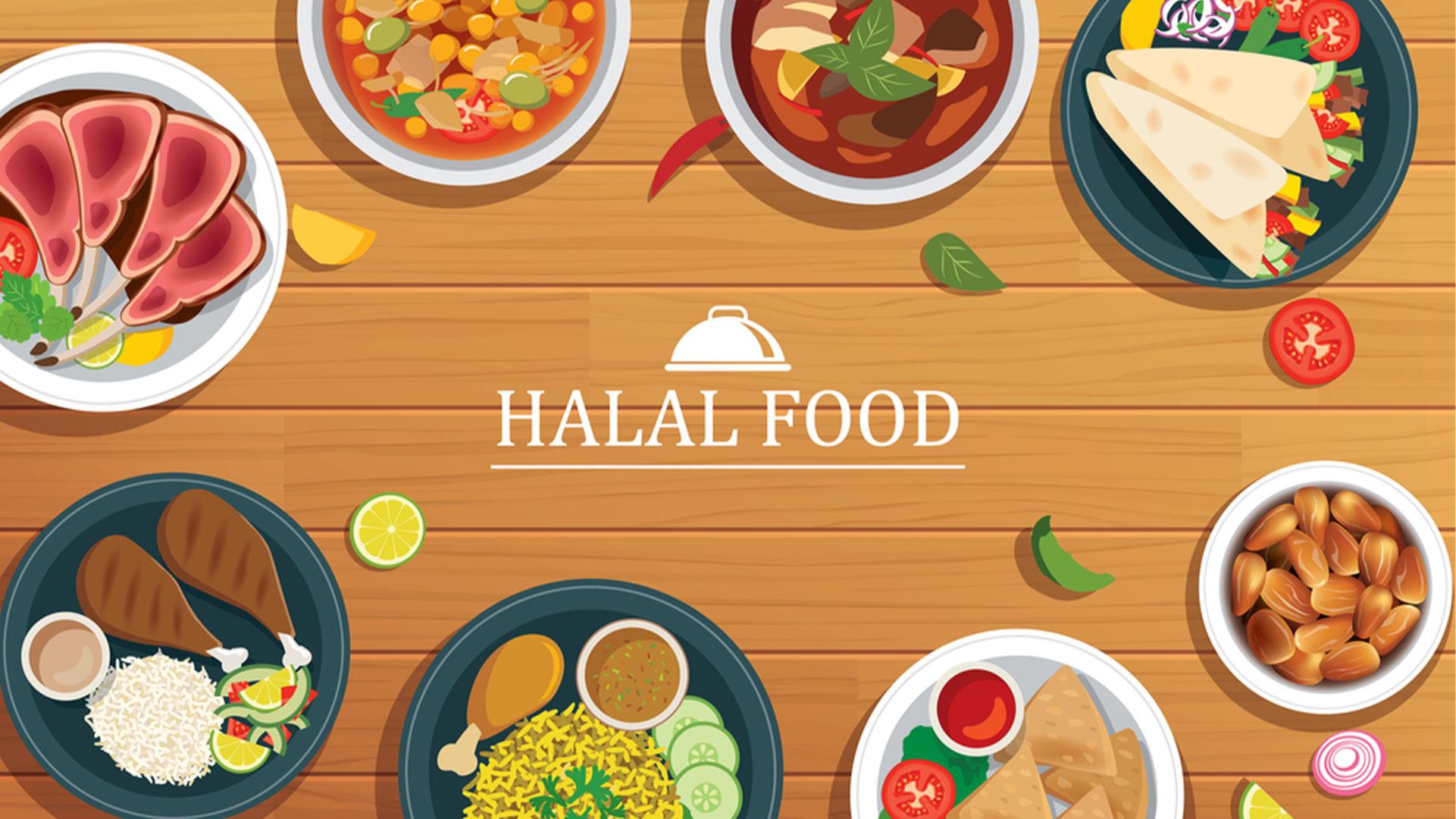The Future of Halal Certification
This topic can speculate on the future of halal certification and the role it will play in the food industry in the years to come.
Halal certification is an important aspect of ensuring that food and other products are in compliance with Islamic dietary laws. As the demand for halal-certified products continues to grow, it’s important to consider the future of halal certification and the role it will play in the food industry. In this blog post, we will speculate on the future of halal certification and what it means for the food industry in the years to come.
- Increased demand: One of the key trends in the future of halal certification is the continued growth in demand for halal-certified products. As the global Muslim population continues to grow and become more aware of the importance of halal certification, the demand for halal-certified products is likely to increase. This will create opportunities for organizations to tap into this growing market and expand their reach to new customers.
- Technological advancements: Technology is playing an increasingly important role in the halal certification process. The use of technology can make the process of certification more efficient, accurate, and accessible, reducing the time and costs associated with certification. In the future, it’s likely that technology will play an even bigger role in halal certification, making the process more streamlined and easier to navigate.
- Globalization: The globalization of the food industry is another factor that is likely to shape the future of halal certification. As food products become more widely available and accessible around the world, it’s likely that halal certification will become more important for organizations looking to reach new customers. The globalization of the food industry will also increase the demand for halal-certified products, as consumers in different countries become more aware of the benefits of halal certification.
- Increased regulations: Another trend that is likely to shape the future of halal certification is increased regulation. Governments and regulatory bodies are becoming more aware of the importance of halal certification and are taking steps to ensure that the process of certification is more stringent and consistent. This could lead to increased regulations and more standardized processes, which will make it easier for organizations to navigate the process of halal certification and reach new customers.
- Consumer awareness: Finally, consumer awareness is likely to play a key role in shaping the future of halal certification. As consumers become more aware of the benefits of halal certification, they are likely to demand more halal-certified products, which will drive the growth of the halal market. This will also put pressure on organizations to ensure that their products are halal-compliant, which will help to further advance the process of halal certification.
In conclusion, the future of halal certification is likely to be shaped by a number of factors, including increased demand, technological advancements, globalization, increased regulation, and consumer awareness. As the demand for halal-certified products continues to grow, it’s important for organizations to be prepared for the challenges and opportunities that this growth presents. By investing in the process of halal certification and embracing the trends that are shaping the future of the industry, organizations can tap into the growing demand for halal-certified products and reach new customers.
